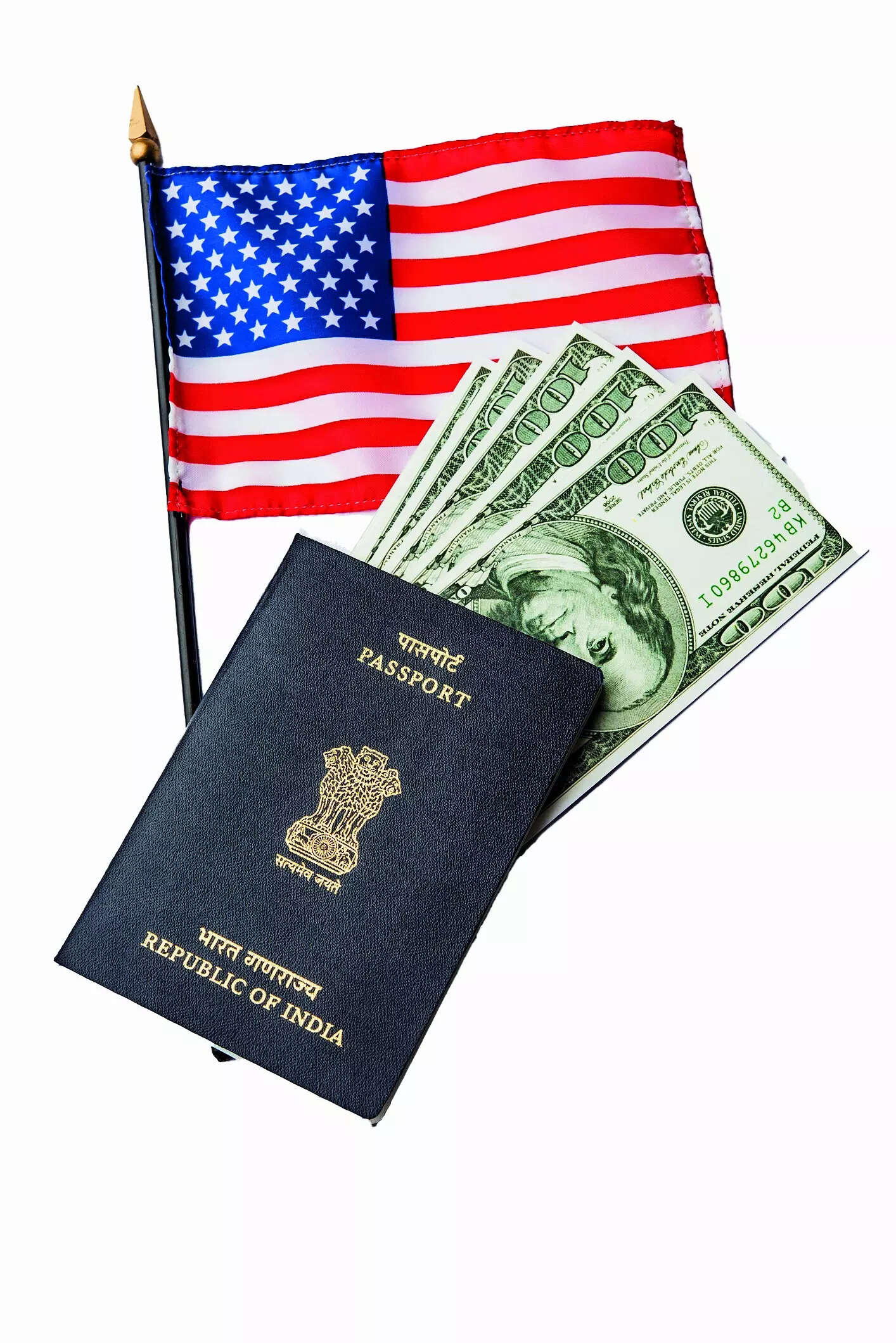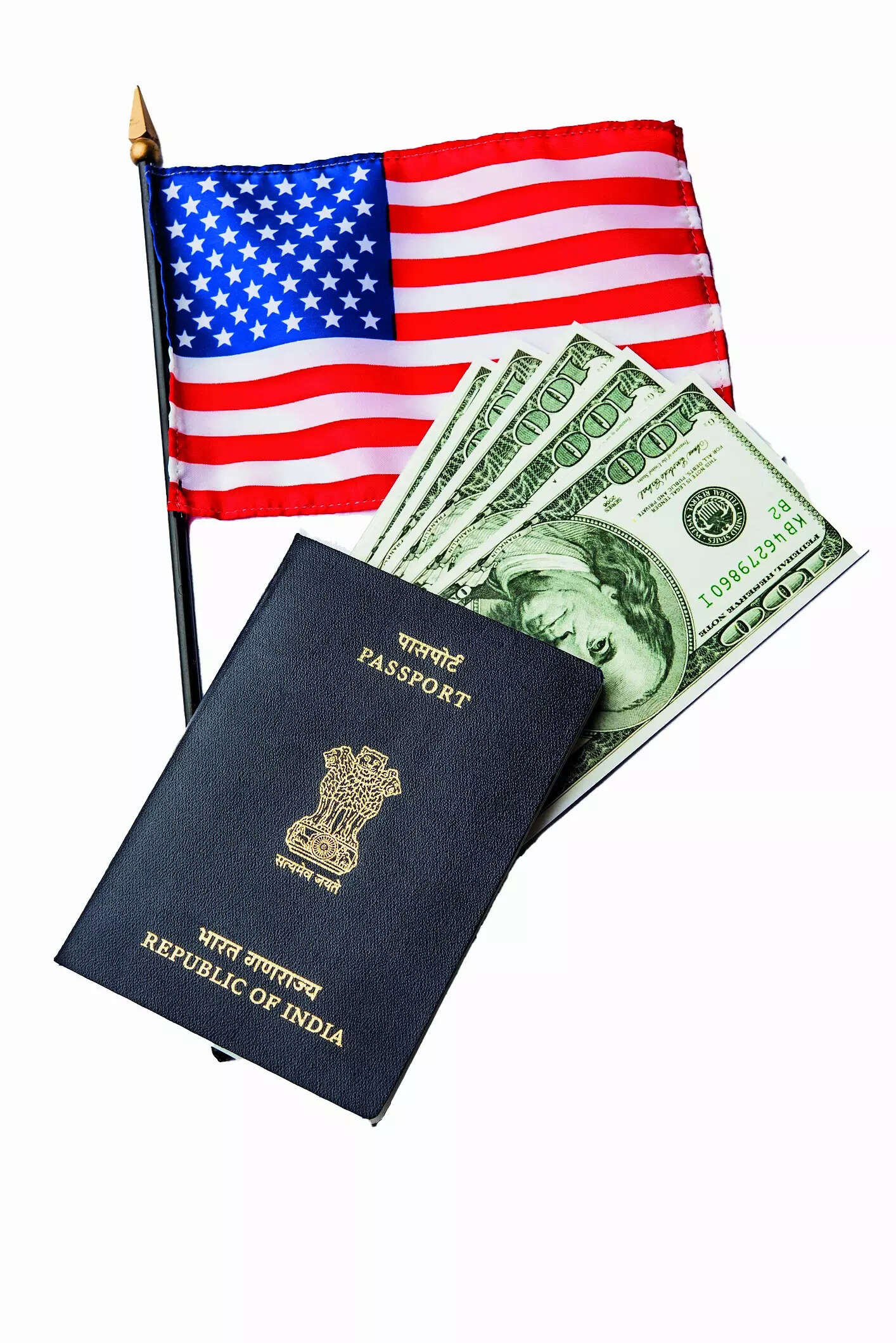How Trump’s $100K H-1B rule disrupts startups, AI talent, and international workers’ futures


AI roles in the crosshairs
The restrictions are having a pronounced impact on artificial intelligence positions. Small and mid-sized firms, defined as companies with 500 or fewer employees, report difficulty hiring AI engineers, data scientists, and machine learning specialists. According to the Pew Research Center, more than 400,000 H-1B visas were approved in fiscal year 2024, but new applications represent only about 35% of that total, highlighting the shrinking pool of fresh talent available to startups.
Venture capital and policy implications
The current H-1B cap includes 65,000 regular visas and 20,000 visas for holders of US advanced degrees, known as the master’s cap, for fiscal year 2026. Critics argue that the $100,000 fee disproportionately burdens small innovators while doing little to curb large outsourcing companies.The broader policy debate focuses on whether America can simultaneously protect domestic employment and maintain access to global talent. Analysts suggest these objectives may now be in tension, especially in high-demand fields such as AI and software engineering.
Upskilling domestic talent
In response, companies are increasingly investing in internal training programs and strengthening partnerships with US universities. Developing domestic talent pipelines is becoming a strategic priority, offering the potential to reduce dependence on foreign hires. However, analysts warn that short-term disruptions may slow AI research and limit innovation, potentially undermining US technological leadership in a globally competitive landscape.
The human cost: International workers in limbo
For international workers, the $100,000 H-1B visa fee and stricter application requirements are creating uncertainty and financial strain. Many skilled professionals who once saw the US as a gateway to career advancement and innovation now face a steeper barrier to entry. The changes disproportionately affect early-career talent and recent graduates, particularly in fields like AI, software engineering, and data science, where demand far outpaces supply. Students pursuing advanced degrees in American universities may now reconsider long-term plans, while foreign employees already in the country face limited mobility and fewer opportunities for sponsorship. Analysts warn that these measures could prompt highly skilled international talent to seek opportunities in more welcoming countries, potentially eroding the United States’ competitive edge in cutting-edge technologies.





